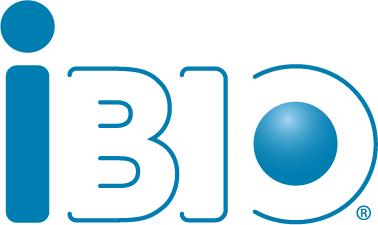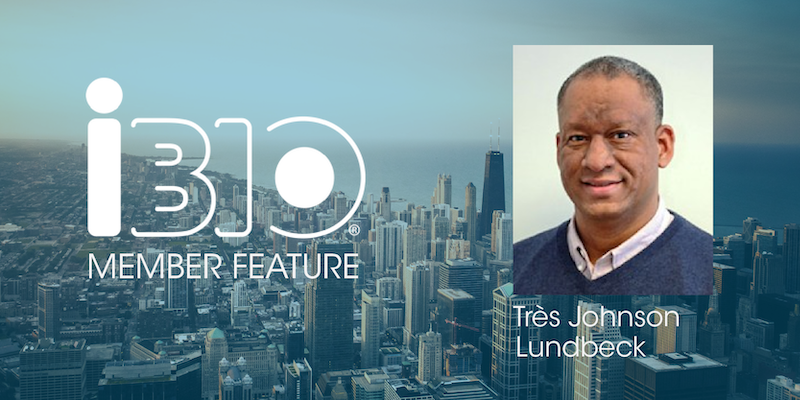iBIO represents the 88,000 jobs in Illinois’ life sciences sector—and we’ve created a Q&A series with our member companies to spotlight some of these exceptional people and their work. Meet Glover (Très) O. Johnson, vice president of Psychiatric Sales at Lundbeck, and iBIO board member.
Tell us about your company and what you do there.
Lundbeck, a global pharmaceutical company that is more than a century old, specializes in diseases of the brain and central nervous system. With U.S. headquarters in Deerfield, IL, I joined the 500-person U.S. sales force seven years ago and work primarily with psychiatrists who treat diseases including major depressive disorders, like bipolar disorder and Schizophrenia. The World Health Organization estimates that the global economy loses $1 trillion annually due to depression and anxiety alone, so there’s great benefit in Lundbeck’s work. I find my work in sales particularly rewarding to bring life-changing drugs as tools to the medical community to help patients.
How did you get started in a life sciences career?
I’m a 33-year veteran of the industry and was studying to be a pharmacist. However, when a pharmaceutical company made a presentation on campus I thought I could help more in sales by bringing these important drugs to people who need them most. I’ve had multiple roles within the pharmaceutical industry, including as a medical clinical monitor, human resources director and training director, along with holding senior leadership positions, including operations leader. I’ve also “carried the bag” as a sales representative. Through these different experiences, I gained a deeper understanding of the broader healthcare industry. It’s really rewarding to sell a product that has a life-changing effect for patients and their families.
What is the biggest issue facing the life sciences community today?
There’s a disconnect between the public and the industry about the value that pharmaceutical companies bring vs. the cost and time it takes to bring a drug to market. There is so much that goes into bringing a drug to market, including critical research. While there’s certainly a price attached to drug development, there’s a higher cost that comes with not innovating. One example is the Covid vaccine. The research and development for it was in progress long before we needed it. Since we invested in the research, we were able to create an effective vaccine sooner than we otherwise would have been.
What advice do you have for young people who have a spark of interest in a STEM career?
Be inquisitive. I’m on the board at Triton Community College and I’m keenly aware of the variety of healthcare careers that are in demand. It’s important to explore different opportunities and recognize the many STEM careers and ways that they help people and truly change the world.
Where would you like to see the Illinois life sciences community in 10 years?
I want to see Illinois as the hub for life sciences. It’s important to shine a light on Illinois as a leader in life sciences innovation and an incredible location for new wet lab space, which comes at a lower cost than Massachusetts or California. We have six medical schools and a tremendous pipeline of talent to feed the state’s exponential growth.
Why did you become involved with iBIO?
iBIO represents the 88,000 jobs in Illinois’ life sciences sector and I want to bring more diversity to the life sciences industry. One way to accomplish this is to introduce and champion STEM careers at an early age, which is a focus of iBIO’s work. I am particularly impressed with iBIO’s summer STEM camp, which includes hands-on activities that help girls entering 3rd-8th grade from communities-in-need explore a wide range of STEM careers.

